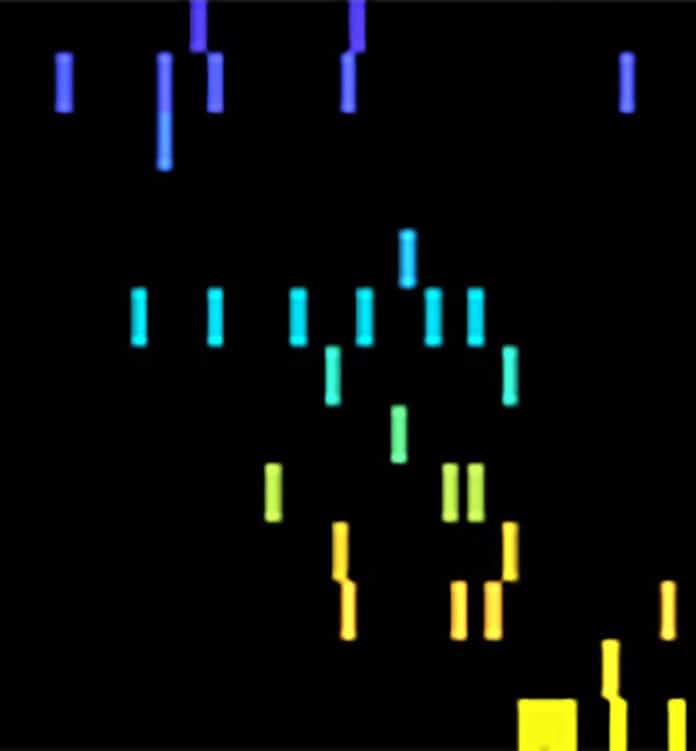Scientists from the National Institutes of Health monitored the electrical activity of neurons. They found that brains store memories in neural firing patterns that can be replayed over and over again.
Scientists have been recording electrical currents of drug-resistant epilepsy patients temporarily living with surgically implanted electrodes intended to monitor brain activity with expectations of recognizing the source of a patient’s seizures. This period also provides an opportunity to study neural activity during memory.
In this study, scientists examined the activity used to store memories of our past experiences, which scientists call episodic memories.
Scientists examined the firing patterns of individual neurons located in the anterior temporal lobe, a brain language center. Currents were recorded as patients sat in front of a screen and were asked to learn word pairs, for example, “cake” and “fox.”
The specialists found that unique firing patterns of individual neurons were related to learning each new word design. Afterward, when a patient was demonstrated one of the words, for example, “cake,” a fundamentally smilier firing pattern was replayed just milliseconds before the patient accurately recalled the paired word “fox.”
Kareem Zaghloul, M.D., Ph.D., a neurosurgeon-researcher at the NIH’s National Institute of Neurological Disorders and Stroke (NINDS) said, “These results suggest that our brains may use distinct sequences of neural spiking activity to store memories and then replay them when we remember an experience.”
Scientists also discovered a link between the ripples recorded in the anterior temporal lobe and the spiking patterns seen during learning and memory. They also showed that ripples recorded in another area called the medial temporal lobe slightly preceded the replay of firing patterns seen in the anterior temporal lobe during learning.
Dr. Zaghloul said, “Our results support the idea that memories involve coordinated replay of neuronal firing patterns throughout the brain. Studying how we form and retrieve memories may not only help us understand ourselves but also how neuronal circuits break down in memory disorders.”
The study is published in Science.
